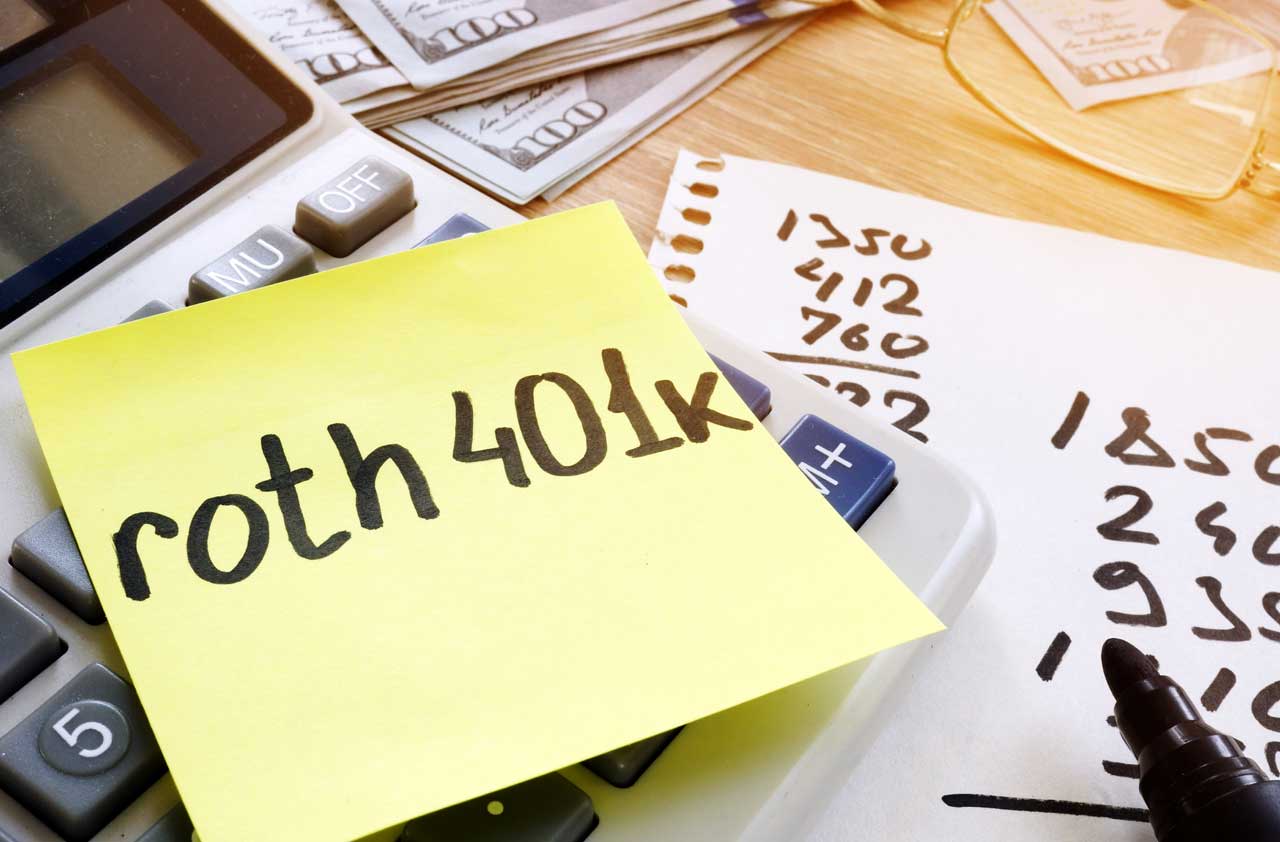What is a Roth 401(k)?

The Roth 401 (k) is a kind of pension plan with which you can make contributions after taxes. You will then receive tax-free withdrawals when you retired.
The Roth 401 (k) was introduced in 2006 and developed to combine the features of the traditional 401(k) and the Roth IRA. With a Roth 401(k), you can enjoy the corporate match on your fees if your employer offers one, just like with a conventional 401 (k). With the Roth component of a Roth 401(k) you benefit from tax-free withdrawals.
Understandingthe differences between a 401 (k) plan and a Roth IRA can maximize your savings during your work days. Retirement savings are one of the best decisions you can make for your future. The younger you start, the better your finances will be.
401 (k) is an employer-provided retirement savings tool. You can decide how much you pay, typically as a percentage of your salary. Your employer will transfer funds into your account before deducting any taxes, and also your savings will be invested, most commonly through a mutual fund consisting of stocks and bonds. The year-round contribution to the program reduces your taxable income while there are limits to how much you can contribute each year, 401 (k) is a very easy way to save for retirement, making it difficult to spend the money you've set aside. Take out the money as early as possible and you will have to pay taxes, plus you may face a 10% fine. "Early" means before age 59. When you reach that age, withdrawals are taxed as regular income.
Introduction to the 401 (K) Plan
The 401 (K) program is named after Section 401 (K) of the U.S. Internal Revenue Act since the late 1970s, also known as the Cash or Deferred Arrangement (CODA) program. Section 401 (K) applies to private enterprises and some non-profit organizations, and is intended to encourage employees to increase long-term pension savings funds, primarily because of the tax incentive, which not only allows employer contributions to be deducted before tax, but also employee contributions before personal income tax, and employees pay tax only when personal account funds are withdrawn or retired. Thus, 401 (K) has the effect of tax deferring for employees.
The 401 (K) clause provides that the Company establishes a special 401 (K) personal account for employees, who will deposit a certain amount of money from their salaries into the account each month. Companies can cooperate with the payment, but generally speaking, most companies will be in proportion to this account deposit funds. Funds included in the employee's personal retirement account are generally not collected until the employee retires, and the money can be used as an investment. The Company provides employees with at least 3 different portfolios of securities, employees can choose one investment, the investment income is fully attributed to the employee 401 (K) account, the investment risk is also borne by the employee. How much pension an employee can receive after retirement depends on the level of contributions and the status of the investment income. When an employee retires, funds from his or her 401 (K) account can be collected directly and converted into a deposit.



